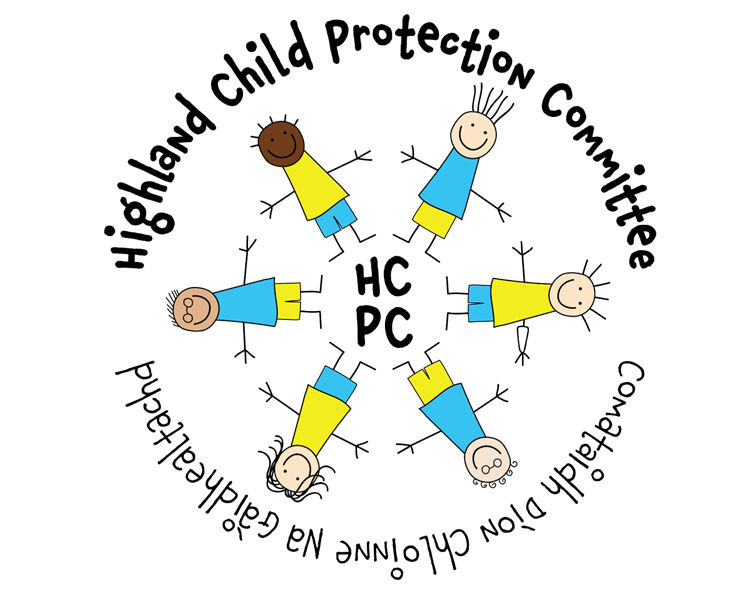Children's Hearings Scotland (CHS)

CHS is the public body, which is responsible for recruiting, training and supporting the volunteer children's panel members who make decisions in children's hearings. A children's hearing is a lay tribunal made up of a panel of three specially trained volunteers from the local community. The hearing decides on a course of action that it believes is in the child's best interests, based on the child's plan with input from professionals. Medical, psychological and psychiatric reports may also be requested. The hearing discusses the child's circumstances fully with the child or young person themselves, parents, carers and other relevant representatives and professionals before reaching a decision (Children's Hearings Practice and Procedure Manual 2019).
One of the principles behind the children's hearings system is to apply the right intervention at the right time. Where there is no requirement for a CSO or interim CSO, children and young people can be supported in a number of ways, including early and effective intervention (EEI), restorative justice, voluntary measures or tailored programmes to tackle their behaviour.
Even where the Principal Reporter has concluded that there is sufficient evidence of a section 67 ground, there may not be a requirement for compulsory intervention, for example, because the incident is entirely out of character, or because there are no other significant concerns about the child and the parental response has been both appropriate and proportionate to the incident. In other circumstances, compulsion may not be needed because the child and family have accepted that there is a problem and are already working with agencies such as social services or restorative justice.
Children's hearings can proceed on the basis of a shared agreement about/acceptance of the grounds for referral. If there is no shared agreement, then the Children's Hearings (Scotland) Act 2011 allows an application for proof to be made to the Sheriff Court. An application to the Sheriff Court can also be made where the child (due to their age or ability), or indeed the relevant person, is considered not to have understood the grounds. It is the Reporter's responsibility to lead the evidence in court and seek to have the grounds established. The Sheriff Court will also hear any appeals which are made against a hearing's decision.
Hearings make significant decisions about complex matters. Vital work before the hearing is required to ensure that the hearing has the evidence and the options available to enable it to make the right decision for a child. Children and families have to be prepared, and their participation and engagement in the hearing process must be meaningfully supported. Panel members should receive reports from social workers which present a well-argued rationale for a recommended decision in a child's best interests, as well as reasons why alternatives are not recommended.
Local authority staff and Reporters will consider how best to plan and prepare all families for optimal support, understanding and participation in the children's hearing. To promote equality of participation, some groups and individuals will require extra consideration. A SCRA research report (Henderson et al 2018) describes the challenges and barriers to positive engagement for all families in contact with child protection and children's hearings systems. These include isolation, language difference, poor translation, concerns about confidentiality, family reluctance to raise concerns and accept support, lack of awareness of services and how the law operates in Scotland, and fear of service intervention. Families with other protected characteristics, or who have experienced adversity, may also require careful preparation for their involvement within the children's hearing.
Care should be taken to comply with non-disclosure measures and protocols when this special provision is considered necessary to protect the whereabouts of a child, or relevant person with whom the child is residing, due to significant concerns about their safety. Breaches of non-disclosure measures can have serious consequences for children and those who care for them. In the event of a breach of a non-disclosure condition by a partner agency, SCRA is to be informed immediately so the risks to the child(ren) or carers can be assessed and action taken to protect them, if necessary.
Section 122 of the Children's Hearings (Scotland) Act 2011 provides that the chairing member of the children's hearing must inform the child of the availability of children's advocacy services unless he or she considers that it would not be appropriate to do so, taking into account the child's age and maturity. This section of the 2011 Act gives children the support of an independent advocacy worker as and when they need one, in order for them to give their views clearly and definitively, and to have their voice magnified within the children's hearing.
Section 78 of the Children (Scotland) Act 2011 sets out the persons who have a right to attend a children's hearing. These are the child, relevant persons, representatives, Reporter, Safeguarders, member of an area support team, and a representative of a newspaper or news agency. Section 78(4) requires the chairing member to take all reasonable steps to ensure that the number of persons present at a children's hearing at the same time is kept to a minimum. Research has consistently made clear that children want the number of people in their hearing to be limited to those who are strictly necessary. Research also indicates that having a high number of people present in a hearing can impede participation by children and relevant persons. Each hearing will be conducted to ensure that process and participation is as child-centred and effective as may be planned in the circumstances. Information shared must be up-to-date, accurate and relevant. Children and their families must be supported in understanding what information will be shared and why during children's hearings.

